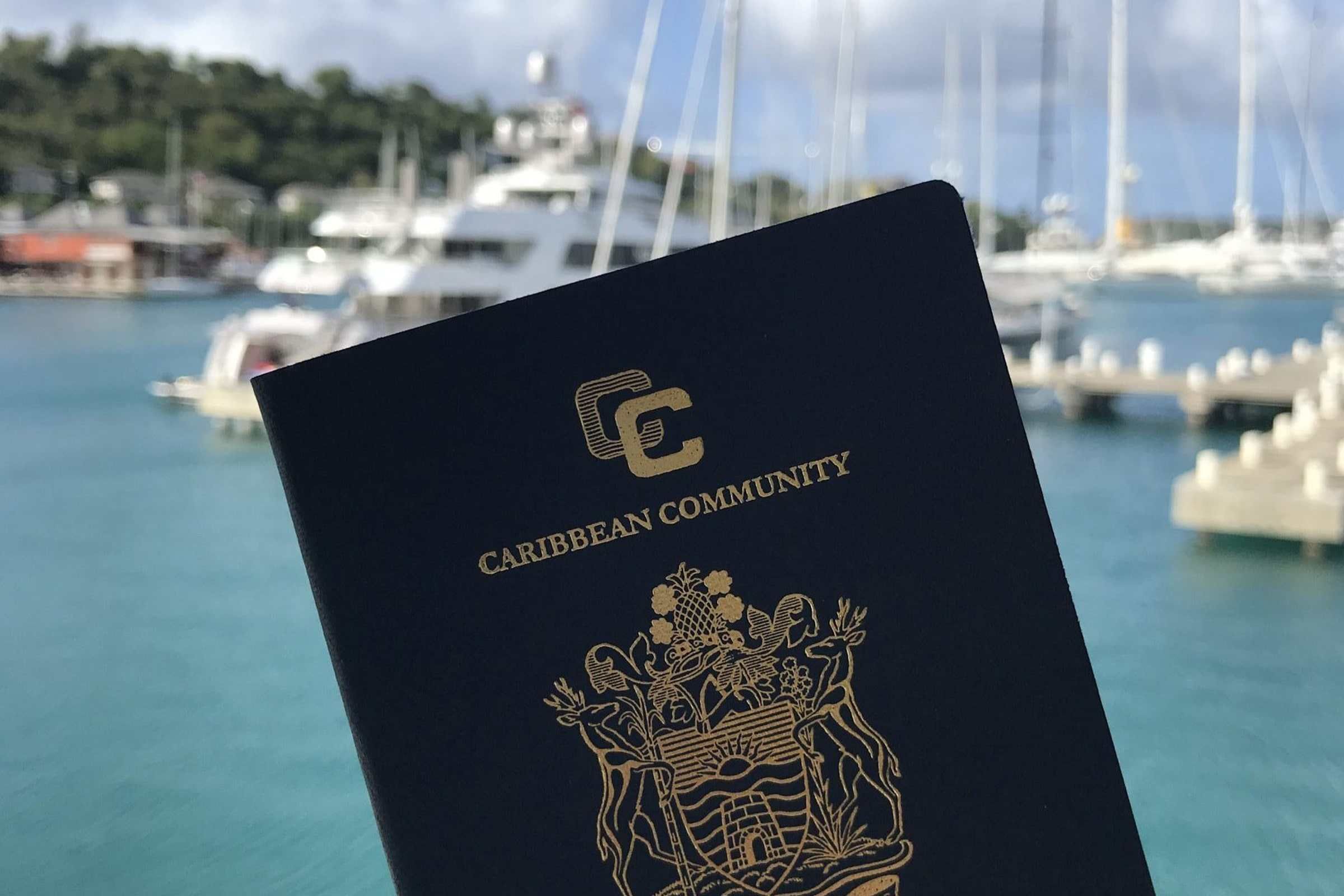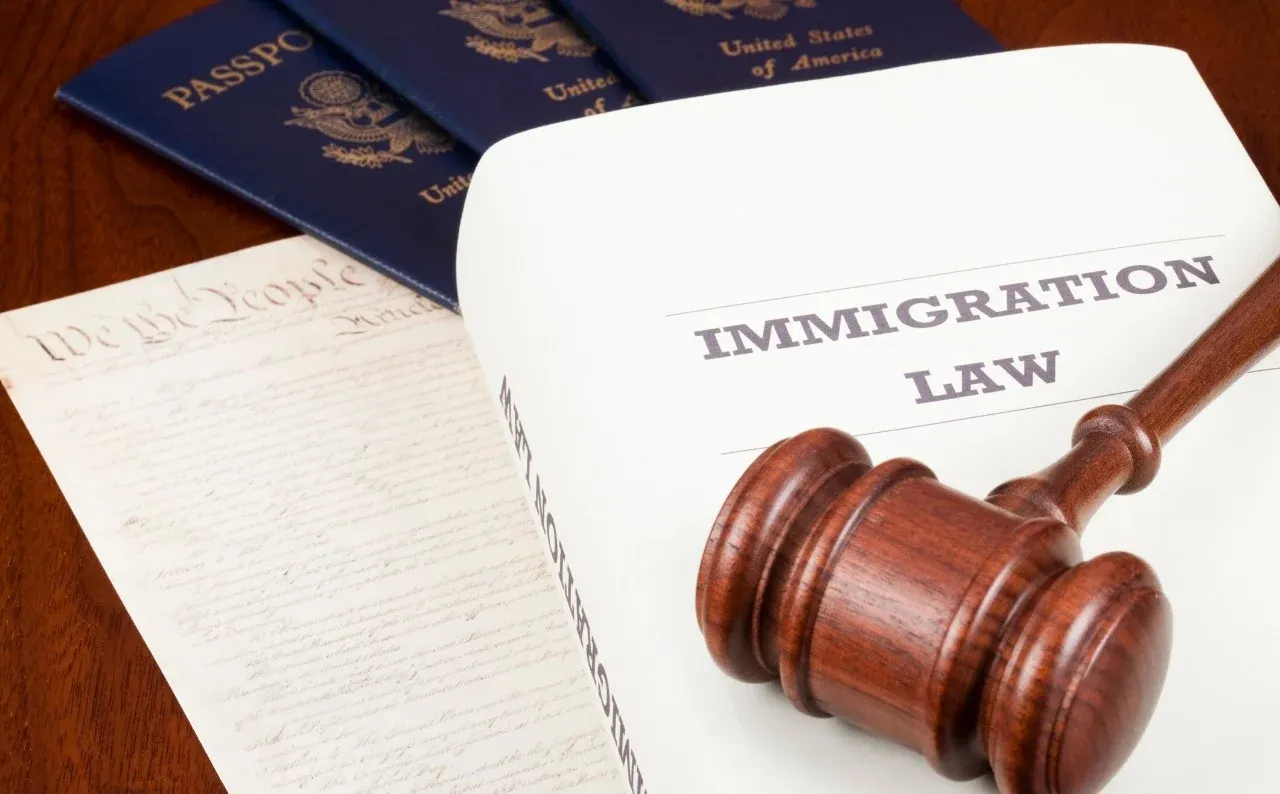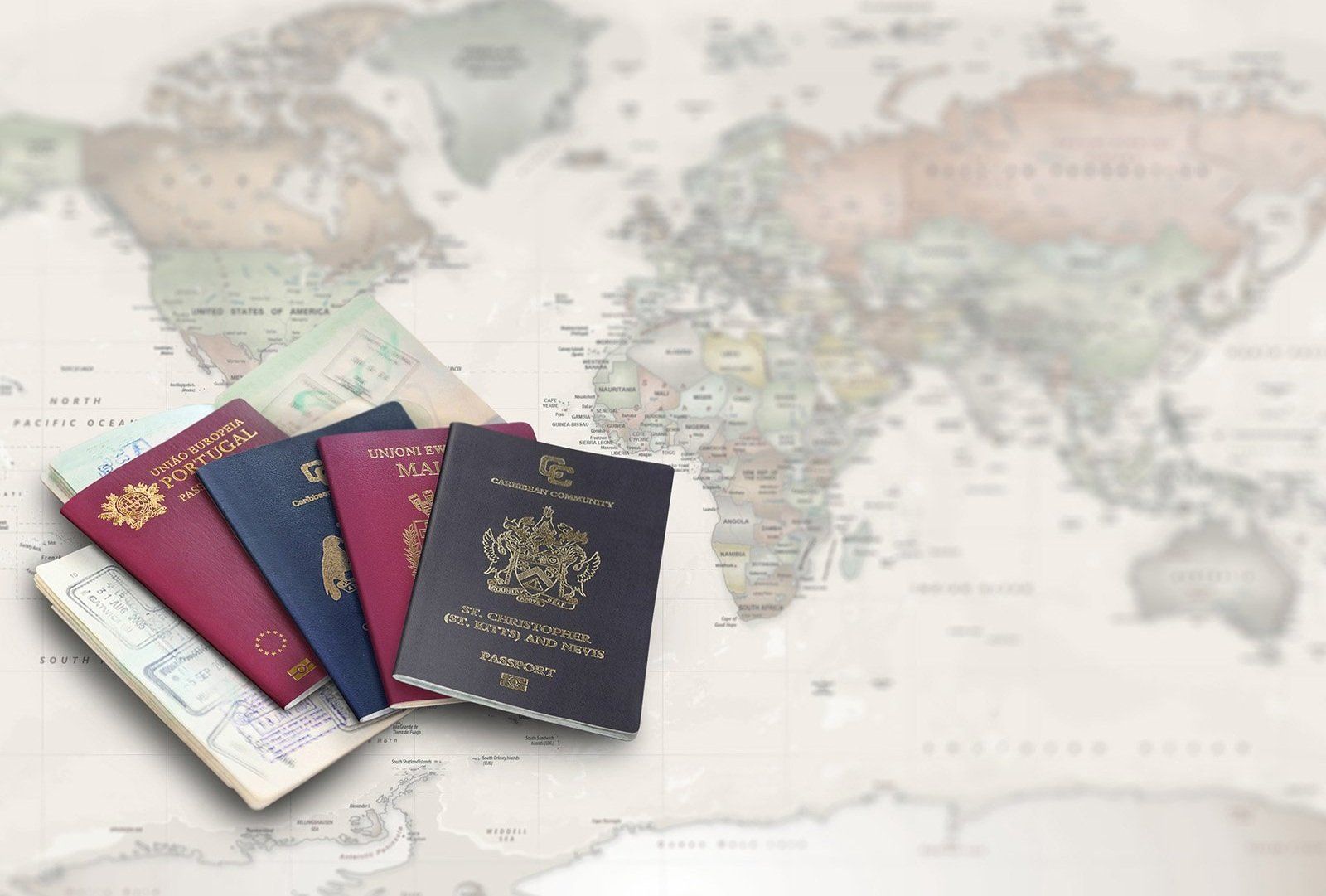On the surface, citizenship by investment (CBI) is a simple concept. Those with a clean criminal record can obtain a second citizenship by investing in a country's economy through its official CBI program.
However, those in the industry understand that, behind the scenes, it is a complex, delicate matter that must be handled with utmost care and given the respect its gravitas demands.
However, like any other industry, there are always misconceptions that stem from misinformation, and these misconceptions can prove costly if people are not wary of them
In this piece, I want to clear up some of the misconceptions that plague the Caribbean CBI industry. I hope that our readers will be able to avoid misinformation and maximize the benefits of what is an outstandingly beneficial venture.

Long-term US visa
Caribbean passports are excellent global mobility assets that can elevate a person's travel ability, no doubt about that. However, they have their limitations (like any other passport on Earth), and one of those limitations is that they require a visa to enter the US.
This is not an issue for many, but the problem is that many people assume that Caribbean passports provide their holders with long-term, ten-year, multiple-entry tourist visas to the US, which is true, but the critical point is that it is not a guarantee, and people still have to apply for it.
The US does have ten-year multiple-entry visas, and Caribbean passport holders, much like many others, may qualify for it, but it is by no means a given. Like any other nationality, Caribbean citizens will have to prove a strong record of legal travel to the US on shorter visas before they can obtain a long-term tourist visa.
Anyone who says Caribbean passport holders will definitely get a long-term US visa is just trying to sell the program to someone who is looking for US access, and that isn't helpful at all.
Financing
One of the major issues investors must be aware of in Caribbean CBI programs is the critical matter of the "financing option."
Many firms offer Caribbean CBI at amounts much lower than what the government website states, claiming this is a third option that is based on financing.
To put it simply, financing is not an official investment option; and it is illegal and can lead to gargantuan implications, including losing the investment amount, the government revoking your citizenship, and even facing criminal charges for attempting to defraud the government.
I wrote an entire piece on the issue of financing and the potential risks it carries, which you can read here and I have done an interview on the subject which you can view here.

Firms that promote financing will entice investors with the possibility to save 20, 30, or even 40k on their application, but unbeknownst to the investors, they may end up losing their entire investment and have nothing to show for it in the end, so be very wary of this misconception.
Canada visa-free access
Another global mobility misconception many may fall prey to is the perceived visa-free access to Canada they can get when obtaining the citizenship of Antigua & Barbuda, St Kitts & Nevis, or St Lucia.
Before going into the details, it is important to note that Canada has granted citizens of these countries conditional visa-free access, with conditional being the keyword here.
Canada has allowed citizens of these countries to access its borders without a visa if they have obtained a Canadian visa once in the past ten years. That means that if someone obtains the citizenship of Antigua & Barbuda, St Kitts, or St Lucia through investment, they would have to get a Canadian visa first before being able to enter afterward without a visa.
Donation VS Real Estate
Caribbean CBIs all have the non-refundable donation option and a real estate investment option.
Non-refundable donations, as described by their name, do not yield any returns. Real estate investments can be resold after a holding period of five years, and may provide returns depending on their nature (property or shares in a resort) and the operational capacity of the asset (rent or dividends from profits).
Most CBI investors tend to favor real estate because it provides a way to recoup the majority of the initial outlay (excluding the fees), but that isn't always the case.

Reselling property in the Caribbean isn't as simple as doing so in major housing markets like London or Athens; investors will need to find a willing buyer, and that buyer will most probably want it to obtain citizenship, so the potential niche is quite small compared to those willing to buy property in New York, for example.
Secondly, the vast majority of hotels in the Caribbean haven't finished (some haven't even started) construction, meaning that dividends and profits are not an actuality but instead an empty promise.
I wrote a comprehensive piece on the risks of real estate investment in CBI, which you can read here.
Donations are simple, clean, and can even sometimes qualify for a tax break, depending on each investor's particular tax framework. They are, more often than not, a better option, so keep them in mind.
No Taxes
The Caribbean Five - Antigua, Dominica, Grenada, St Kitts, and St Lucia - do not levy global income, wealth, capital gains, or inheritance taxes. This has led many to believe that they can obtain tax free living with a Caribbean citizenship. In most cases, this isn't completely true.
You won't stop paying taxes simply by getting a second citizenship. You can lower (or even eliminate) your tax burden if you live in one of the Caribbean Five, but other than that, you will have to pay taxes in your country of residence.
However, that is not to say these jurisdictions don't help, there are solutions such as offshore trusts, bank accounts, LLCs, and otherwise that can help investors lower their overall tax rate through the use of Caribbean financial services, and they can do so legally.
To do so, though, they need to create a financial infrastructure in the country that aligns with their current taxation framework.
But it is important to know that if someone does reside in a Caribbean country and engages in local gainful activity (deriving income locally) they will be liable to pay local income tax. It is a delicate situation that needs top-tier consulting.
No Revocation
Another thing that many may misunderstand is the revocation of citizenship. Many people assume that a CBI country cannot revoke a citizenship once it is given as it is protected under constitutional law, but that is misinformation.
Those who obtain CBI can get their citizenship revoked if they engage in criminal activity and are charged or if they obtain it illegally, such as through financing.
This doesn't mean a minor charge will end in revocation; this is extremely rare, but those thinking that it can never happen are wrong.

Passport by investment programs
Panama had a passport by investment program in full flow back in the late 20th century, and although that was limited to a few nations, the idea of passports by investment remains a misconception to this day.
CBI programs grant more than just a passport, they provide successful applications with certificates of naturalization and they become full-fledged citizens. A passport is merely a travel document.
Many companies still advertise passport by investment programs that do not exist. In these cases, the company is a front for falsified travel documents that are fake. This is an extremely dangerous issue as it can carry legal implications, be very cautious.
False citizenship by investment programs
Another issue are false or non-existing CBi programs, most famously the one in Mexico.
Many companies advertise CBI programs that do not exist in program form, and they back it up by providing naturalization acts or regulations. This is where we have to make a very important distinction between citizenship by exception and CBI.

They will alter the definition of CBI within the confines and use naturalization laws, like by birth, and provide falsified birth certificates to obtain citizenship for their clients. This is extremely dangerous and could lead to serious consequences.
The vast majority of countries have citizenship by exception laws. These laws allow presidents, monarchs, prime ministers, etc., to grant citizenship to individuals based on a wide array of "exceptional merits or contributions."
Citizenship by exception is a very delicate process, and significant investment into a country's economy may qualify a person for citizenship, but it isn't a program and thus the entire approach is different and much more intricate.
At One World, we have dealt with our fair share of citizenship by investment cases successfully, I may add, but we do not approach it the same way we do CBI because the two processes are just different.
CBI programs are well-defined, structured, and priced. They work on mass scale, allowing a large number of investors to apply and naturalize. Citizenship by exception is more exclusive and fluid.
CBI consultancy
Finally, one thing that can help you avoid all of these pitfalls is choosing the right CBI consultant.
In the late 80s and 90s, when Canada's Federal Investor Program, St Kitts CBI, Dominica CBI, and the US EB5 Visa dominated the scene, the world began seeing the first real investment migration consultants come into play.
Now, as the world becomes more globalized and CBI applications become easier and more streamlined, more people are getting into the industry to make quick money.

Not all consultants are equal in terms of knowledge and expertise, however, and choosing the wrong one for you could prove costly.
This is why choosing a proper CBI consultant is critical. At One World, we pride ourselves for caring about our clients. I have personally told people you don't need to apply for a second citizenship and provided them with a much cheaper solution, just to ensure they get the best advice when coming to me.
We are not the only ones who do this, of course, but sadly we are in the minority as many CBI firms want to come in, make a profit, and leave without a care.
Doing your research, talking with your consultant, and asking hard questions is the best way to find out whether you are working with an actual advisor or a sales person. If you don't get this one right, then the other pitfalls won't be far behind.









